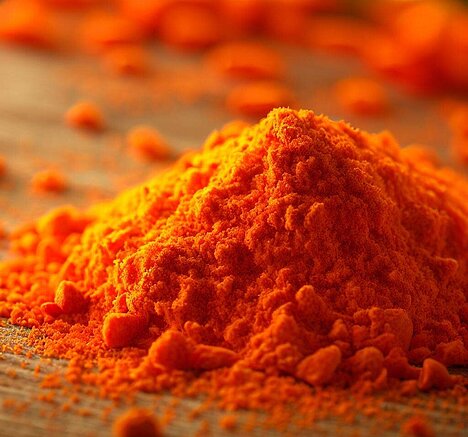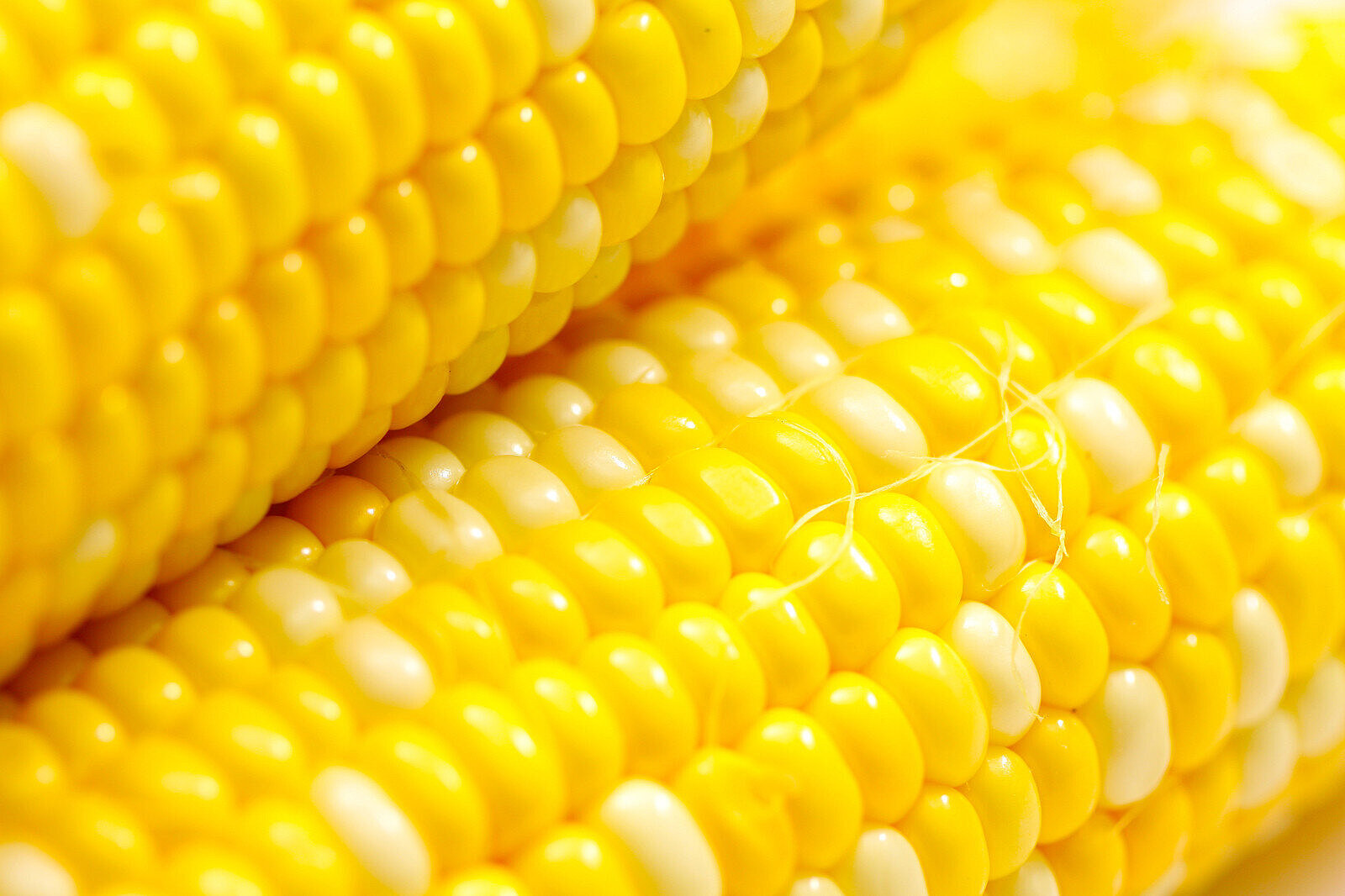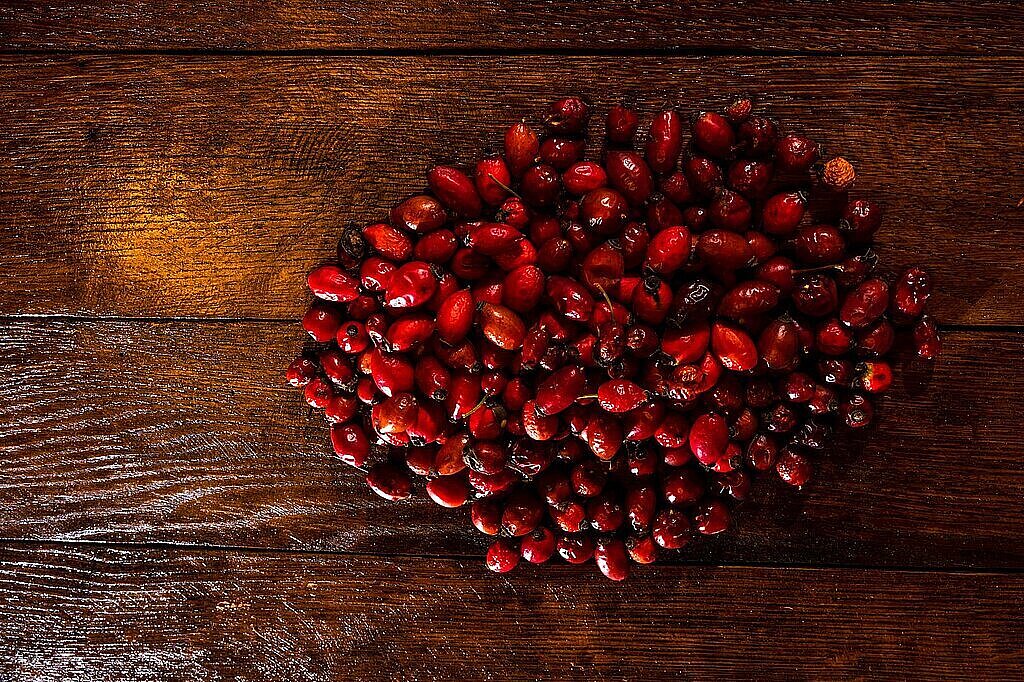Carotenoids

What are carotenoids?
Carotenoids are natural colorants found in many plants. They are responsible for the yellow, orange or red color of fruit and vegetables such as carrots, pumpkin or peppers. There are over 600 different carotenoids, the best known being beta-carotene, lutein and lycopene.
Carotenoids have many benefits for human and animal health. They are powerful antioxidants that fight free radicals and thus prevent cell damage. They can also strengthen the immune system, improve eyesight and reduce inflammation. In addition, some carotenoids can be converted by the body into vitamin A, which is important for the health of the skin, eyes and mucous membranes.
How do carotenoids affect your dog?
Dogs can also benefit from carotenoids. Studies have shown that dogs fed a carotenoid-rich diet have a better immune system and are less susceptible to infections. In addition, carotenoids can reduce the risk of certain cancers by inhibiting the growth of tumor cells.
Carotenoids can also improve the health of your dog's skin and coat. They protect the skin from UV rays and promote the production of collagen and elastin. The result is smooth, elastic and healthy skin. Your dog's coat can also become shinier and stronger, as carotenoids nourish the hair follicles.
How can you give your dog carotenoids?
There are various ways to provide your dog with carotenoids. One way is to give him fruits and vegetables that contain carotenoids. For example, you can give him carrots, pumpkin or sweet potatoes as a snack or side dish with his food. However, make sure you only feed small amounts and that the fruit or vegetables are well chopped or pureed so that your dog can digest them better.
Another option is to give him a high-quality dog food that contains carotenoids. There are many dog food brands that add carotenoids from natural sources such as algae or tomatoes. You can check the packaging to see if the food contains beta-carotene or other carotenoids, or ask your vet for advice.
Are there any disadvantages to carotenoids?
Carotenoids are generally safe and well tolerated by dogs. However, there are a few things to be aware of. Firstly, excessive amounts of carotenoids can lead to yellowing of the skin or coat. This is harmless, but can be undesirable. Secondly, some dogs can have an allergic reaction to certain carotenoids. This can manifest itself in symptoms such as itching, skin rash or diarrhea. If you notice such symptoms in your dog, you should consult a vet immediately.
Carotenoids are an important component for your dog's health. They have many positive effects on your dog's immune system, eyesight, skin and coat. You can provide your dog with carotenoids through fruit and vegetables or a good dog food. However, make sure that you don't feed too much.
If you notice any signs of hypersensitivity or poisoning in your dog, you should see your vet immediately. We are not a substitute for a vet, but we try to be as accurate as possible. Every dog reacts differently and we recommend you get a second opinion or consult your vet if in doubt.
Stay healthy and take good care of your four-legged friend!😊
Similar to Carotenoids
Lutein can improve vision in dogs, especially in older dogs suffering from age-related macular degeneration. This condition leads to a loss of central visual acuity and can result in blindness....
Like humans, dogs have a macula, a spot on the retina that is responsible for sharp vision. The macula contains high concentrations of zeaxanthin and another carotenoid called lutein. These two...
Dogs can convert beta-carotene into active vitamin A and thus cover their need for this vitamin. Vitamin A is important for the dog's eyesight, skin health and immune system, among other things....
Lycopene is an antioxidant, which means that it protects cells from the harmful effects of free radicals. Free radicals are aggressive molecules that are produced during metabolic processes or by...



